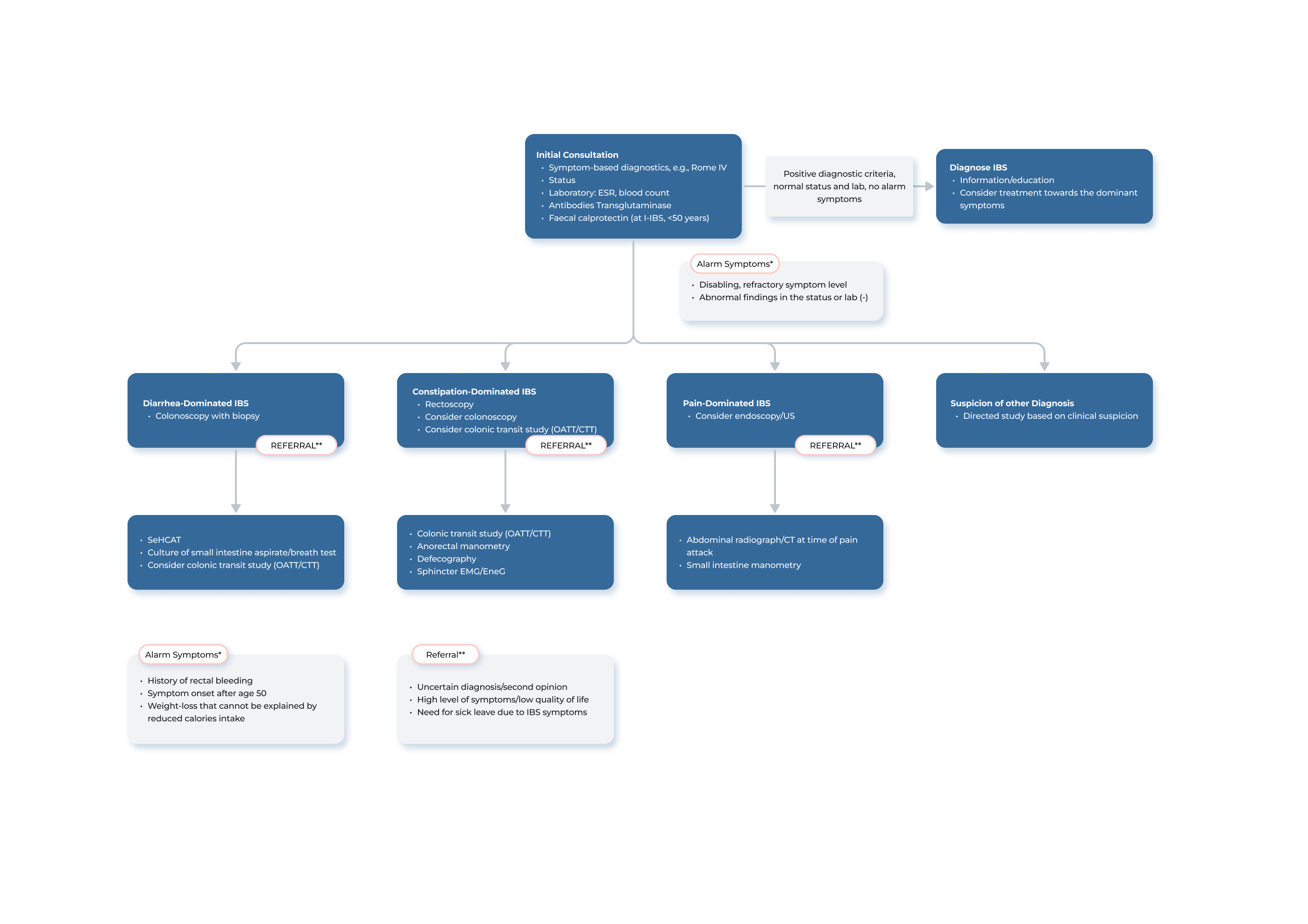Transit-Pellets Description
The Transit-Pellets consists of small radiopaque markers, “pellets”, made of Barium Sulphate (BaSO4) filled silicone inside a hard-shell hydropropyl methylcellulose (HPMC) capsule. The HPMC capsules are gelatin-free and standard type used for medicinal products. Their function is to transport the markers to the stomach, where they dissolve. The markers pass through the gastrointestinal tract and are excreted in the feces.
Barium Sulphate is a radiopaque material that has been used for radiographic imaging of the gastrointestinal tract since the pioneer studies by WB Cannon in the 1890s. The term “radiopaque” refers to materials, such as Barium Sulphate, that are dense enough to resist X-rays shining through them, and so can be seen on an X-ray. The use of radiopaque markers impregnated with Barium Sulphate to measure colonic transit time has been in practice for over 45 years. Silicone is also a widely employed material in many medical technology applications.
The HPMC capsule (size -00-) is composed of two open-ended cylinders, a cap and a body, that fit inside each other. Five of the capsules contain ten ring-formed markers, while two capsules contain five tube-formed markers. The capsules are packed in a blister pack labeled with numbers, which is then placed inside a carton box.
The transit times obtained are independent of the shape of the markers, however, on day six, differently shaped markers are used to aid the radiologist in identifying the location of the caecum. Additionally, dividing the day six dosage into morning and evening doses will increase the accuracy of measurements related to rapid transit.
Transit-Pellets Instruction for Use
Each box of Transit-Pellets includes an Instruction for Use (IFU), which is available in up to 20 different languages. It is important that the user of the Transit-Pellets reads this information before beginning use of the device. The IFU contains important instructions on how to properly use the Transit-Pellets. You will find it in the footer menu “Downloads” or you can enter it directly via THIS LINK.
Information on this site should not be used as a substitute for medical advice from your doctor. Always discuss diagnosis and treatment information including risks with your doctor. Keep in mind that all treatment and outcome results are specific to the individual patient. Results may vary.











